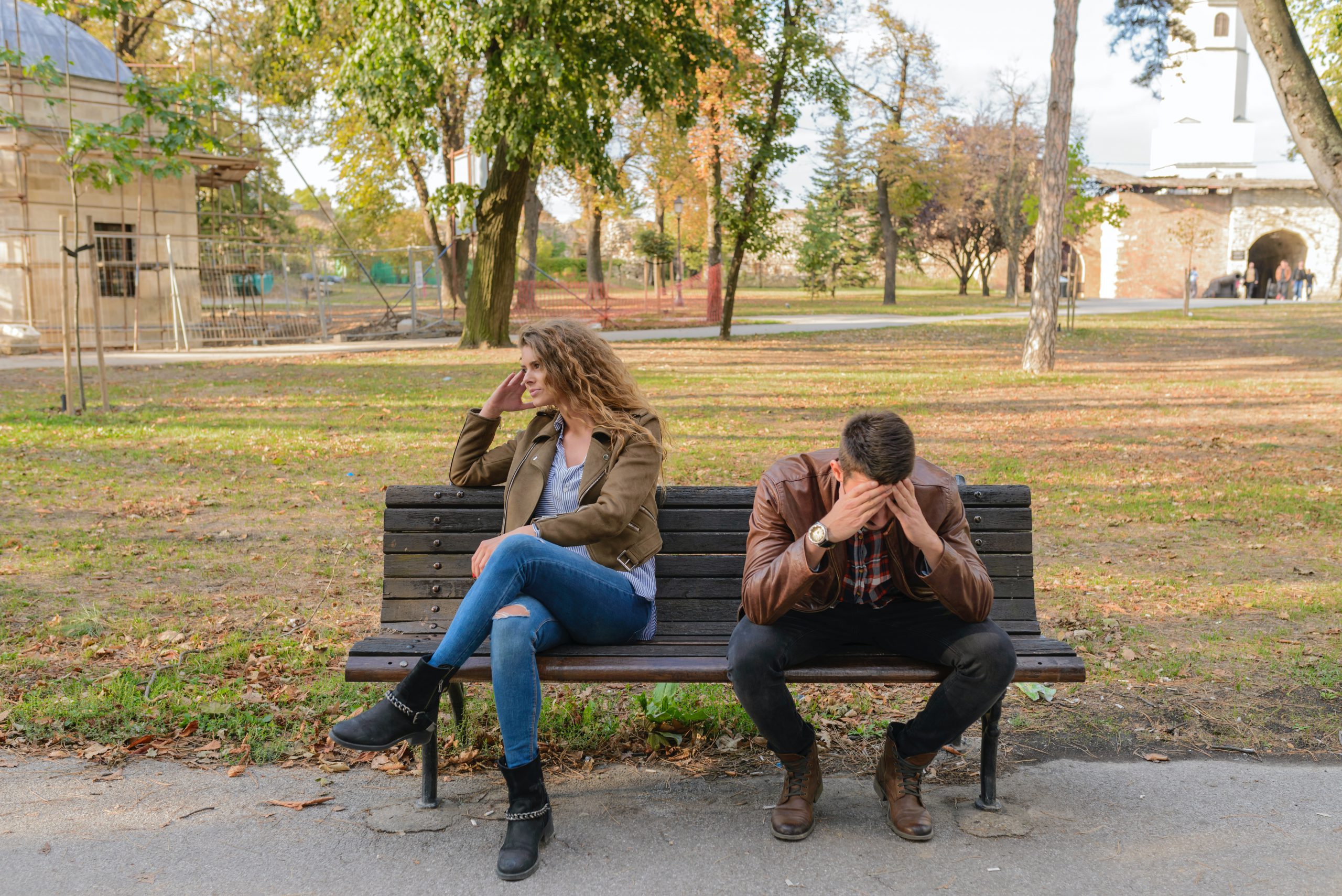
In New York, a family offense is any criminal act conducted by one family member against another family member, who then files a family offense petition. Although a criminal violation is named in a family offense petition, the matter may not necessarily go to criminal court. Depending on the situation and what the petitioner wishes, the case could go to family court but still have penalties similar to a criminal court.
If you have been accused of a family offense in New York City or New York, there could be a number of severe penalties awaiting you if you do nothing to defend yourself. You never lose your right to an attorney, even if the case is settled in family court, so you should act upon it right now. Contact Varghese & Associates, P.C. to work with Manhattan’s premier criminal defense lawyers.
Acts Named In A Family Offense Petition
On This Page
Only certain crimes can be named in a family offense petition, such as:
- Aggravated harassment — Occurs when someone intentionally harasses or threatens another person through mail, by phone or electronic communication
- Assault or attempted assault — When you hurt someone or try to hurt someone, it can lead to assault or attempted assault accusations
- Criminal mischief — Causing damage to another person’s property, such as keying a car, breaking someone’s belongings or even vandalism can be considered criminal mischief
- Disorderly conduct — These are violations that can include making unreasonable noise, obstructing traffic and unlawful assembly
- Reckless endangerment — Occurs when you engage in conduct that creates serious risk of physical injury to another person
- Stalking — Stalking is defined as repeatedly pursuing or using threatening behavior toward another person. Even if you had no ill intentions, it is not uncommon for the alleged victim to accuse you of stalking.
The offenses listed above must be committed against a family member, meaning someone related by blood, by marriage, an ex-spouse or unrelated individuals who share a child.
Anything more serious than one of the listed offenses is likely to be automatically considered a criminal offense and involve the criminal court. Anything less serious than one of the listed offenses is likely not to be a crime at all but only an infraction.
We Can Protect You From Harsh Penalties
If your family offense proceeding takes you to family court, you can use an attorney to act on your behalf. This is highly advised because there is no jury, only a judge who will hear sides, evaluate evidence and make a ruling based on their own discretion. If you are not prepared and lose your case, you could be penalized with forced restitution to the plaintiff up to $10,000, up to one year of probation, and a permanent order of protection that limits where you can go and when you can go there.
If your family offense proceeding is taken to criminal court at the petitioner’s behest, you may sentenced with fines paid to the state and jail time, in addition to family court penalties. Take your case seriously by working with our New York City criminal defense attorneys. We have managed high-profile cases for years — we have even taken on the IRS and won — so you can be confident that we will be able to represent your interests effectively.
Family Offenses May Go To Criminal Court
Many family offense proceedings will go to family court, where penalties are typically less severe, but your case could still be processed through criminal court. Start getting ready for the worst case scenario today. Your future and your relationship with your family depend on it.
